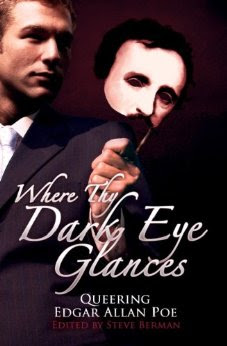Dust Devil of the Stonewall

Today is the 44th anniversary of the Stonewall riots , the symbolic beginning of the modern gay liberation movement. It comes a few days after the Supreme Court's recent decisions regarding marriage equality, something I doubt anyone at the Stonewall in 1969 would have predicted seeing in their lifetimes. There's still tons of work to be done, particularly regarding the rights of queer folks who happen to be less than rich or other than white or transgendered ... but the progress is impressive. For the 40th anniversary of Stonewall, I published Rick Bowes's memories of the event . It remains one of the things I'm happiest to have been able to bring to life here. That piece has been incorporated into Rick's extraordinary new book, Dust Devil on a Quiet Street , a semi-fictionalized autobiography that takes various things Rick has published over the years (including my single favorite piece of writing about 9/11, "There's a Hole in the City" ) an




